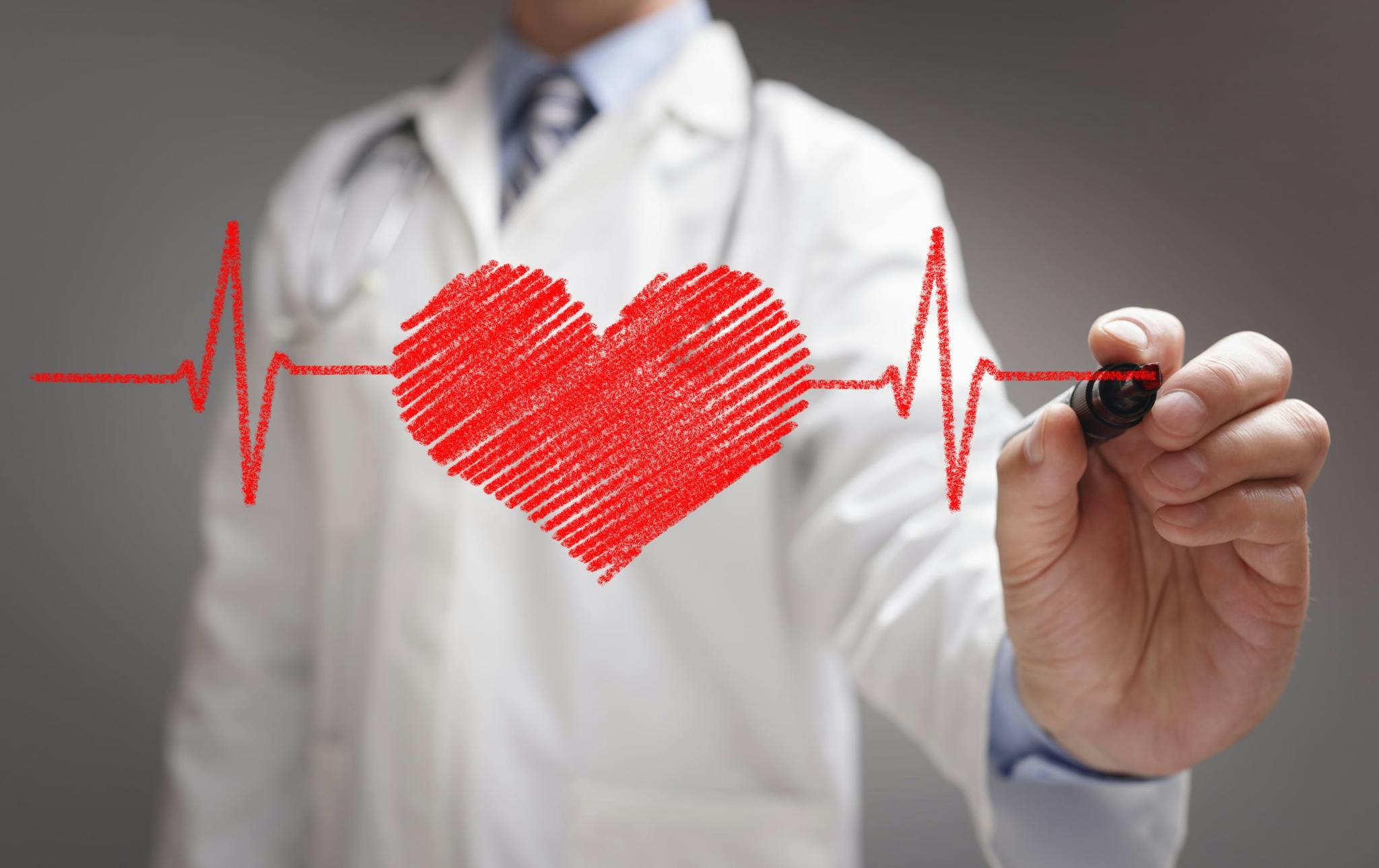
2025-04-24T14:00:43
The DASH Diet: What it is and How it Supports Your Heart
- Cardiology
- Family Medicine
December 4, 2017 | Cardiology
Specialties:General Cardiology

Many heart problems don’t have clear signals or warning signs, and many symptoms of heart conditions don’t even occur in the chest at all. It can be difficult to tell if you’re experiencing a heart issue in many cases, especially if you’re 60 or older, overweight, are diabetic, or have high cholesterol or high blood pressure—all risk factors for heart conditions. Here are signs to watch for:
This is the single most common sign of a heart condition, and chest discomfort can sometimes signal a blocked artery or a heart attack. You may feel pain, tightness or pressure in your chest—this feeling differs for everyone. Oftentimes, the feeling tends to last for longer than a few minutes and may occur either at rest or during activity. If the pain is brief, it likely isn’t your heart, though you should still have it checked by a doctor. If symptoms are severe and don’t dissipate after a few minutes, call 911.
These symptoms may appear during a heart attack, and some people may even vomit. Women are more likely to report these symptoms than men.
There are plenty of other reasons you might have an upset stomach besides a heart condition, but be aware that it can also happen during a heart attack. If you’re already at higher risk for heart conditions, tell your doctor if you experience these symptoms.
This is a type of pain that spreads down the left side of the body. It’s a classic heart attack symptom that tends to start from the chest and move outward. In some cases, though, it can be mainly arm pain alone that signals a heart attack.
There are many unrelated factors that might make you lose balance or feel temporarily faint. However, if you feel dizzy or light-headed and also have chest discomfort or shortness of breath, call a doctor right away—this could mean your blood pressure has dropped because your heart is affected and isn’t pumping properly.
If you experience only jaw pain alone, this is likely unrelated to the heart. If you feel pain or pressure in the center of the chest that spreads to your throat or jaw, however, this could be a sign that you’re having a heart attack. Call 911 and seek immediate medical attention.
If you’re doing an activity you’ve never had problems with before and suddenly begin feeling fatigued or winded, make an appointment with your doctor immediately. This can be a symptom of heart disease, particularly in women.
Occasional snoring is entirely normal for many people. But if you are snoring unusually loudly with sounds like gasping or choking, this can be a sign of sleep apnea, which is where you stop breathing for brief moments while sleeping. This puts stress on the heart, and your doctor may want you to do a sleep study and perhaps receive a CPAP machine to improve breathing during sleep.
If you begin breaking out in a cold sweat for no obvious reason, this could be a sign of a heart attack. If this happens along with any other symptoms listed above, call 911 or get transported to a hospital immediately. Do not try to drive yourself.
If you have heart disease or high-risk factors for it, a long-lasting cough that produces white or pink mucus could be a sign of heart failure. When the heart can’t keep up with the body’s demands, blood may leak back into the lungs and cause this symptom.
This could mean the heart isn’t pumping blood fast enough—it will cause bloating as the blood backs up in veins. Heart failure may also make it harder for the kidneys to purge extra water and sodium from the body, which could also lead to bloating.
It’s normal for the heart to race during periods of tension or excitement, but if you feel this is happening for more than just a few seconds or happening regularly, speak to your doctor. This could signal atrial fibrillation, a condition that requires treatment.
Revere Health Imaging offers the most advanced imaging technology in Utah Valley with convenient locations and reduced-cost exams. We even offer our imaging services at night for your convenience. Contact us today at 801-812-4624 for an appointment!
Sources:
“Never Ignore These 11 Heart Symptoms.” WebMD. https://www.webmd.com/heart-disease/features/never-ignore-symptoms#1
“9 Subtle Signs You Could Have a Heart Problem.” Health.com. https://www.webmd.com/heart-disease/features/never-ignore-symptoms#1
WRITTEN BY:
The Live Better Team

2025-04-24T14:00:43

2024-02-12T10:43:02

2024-02-05T15:00:39

2023-03-21T11:33:07
This information is not intended to replace the advice of a medical professional. You should always consult your doctor before making decisions about your health.